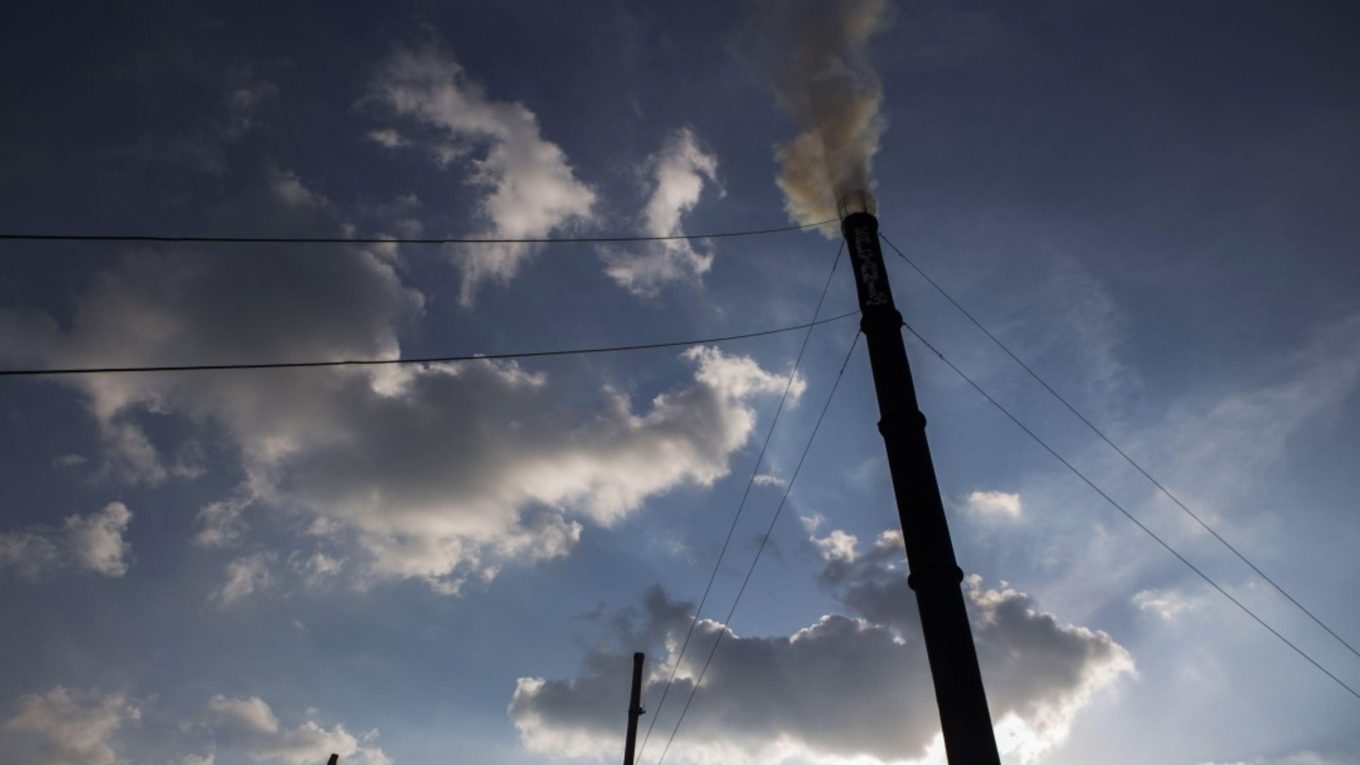Ancient charcoal key to net-zero target set by blue-chip companies
Known as biochar, this black stuff created by heating biomass and other agricultural waste has been burning carbon for hundreds of years and improving soil quality at the same time. It’s a “true solution to large-scale decarbonization,” according to Microsoft, and among those who bought the biochar credits is the tech giant along with BlackRock and JPMorgan.
The market for biochar is still small at present, and is believed to be poised to go up as more farmers use it as a soil additive and companies look for new ways to meet net-zero targets. Biochar has the potential to sequester up to 2 billion tons of carbon dioxide annually by 2050, or roughly as much as India emits in a year.
Biochar’s popularity stems from a shift in voluntary carbon markets toward projects that actually remove carbon, rather than so-called avoidance offsets that keep existing trees alive, for example.
Biochar is produced by heating wood and other biomass in a low-oxygen, emissions-reducing chamber, in a process known as pyrolysis. The bio-oils and gases produced can be used to generate energy. Biochar can be buried in the ground as a soil amendment, or incorporated into building materials.
Biochar credits sell for about €111 ($120) each, according to the tracker Puro.earth, a Helsinki-based carbon registry. That’s a hundred times more than nature-based offsets, but it’s still a fraction of the current price for other types of removal offsets like electrochemical carbon capture in the ocean.
JPMorgan, which has been buying biochar credits since 2021, sees them as an attractive option because of their “long-term durability, relative affordability, and co-benefits,” said Brian DiMarino, chief operating sustainability officer.
